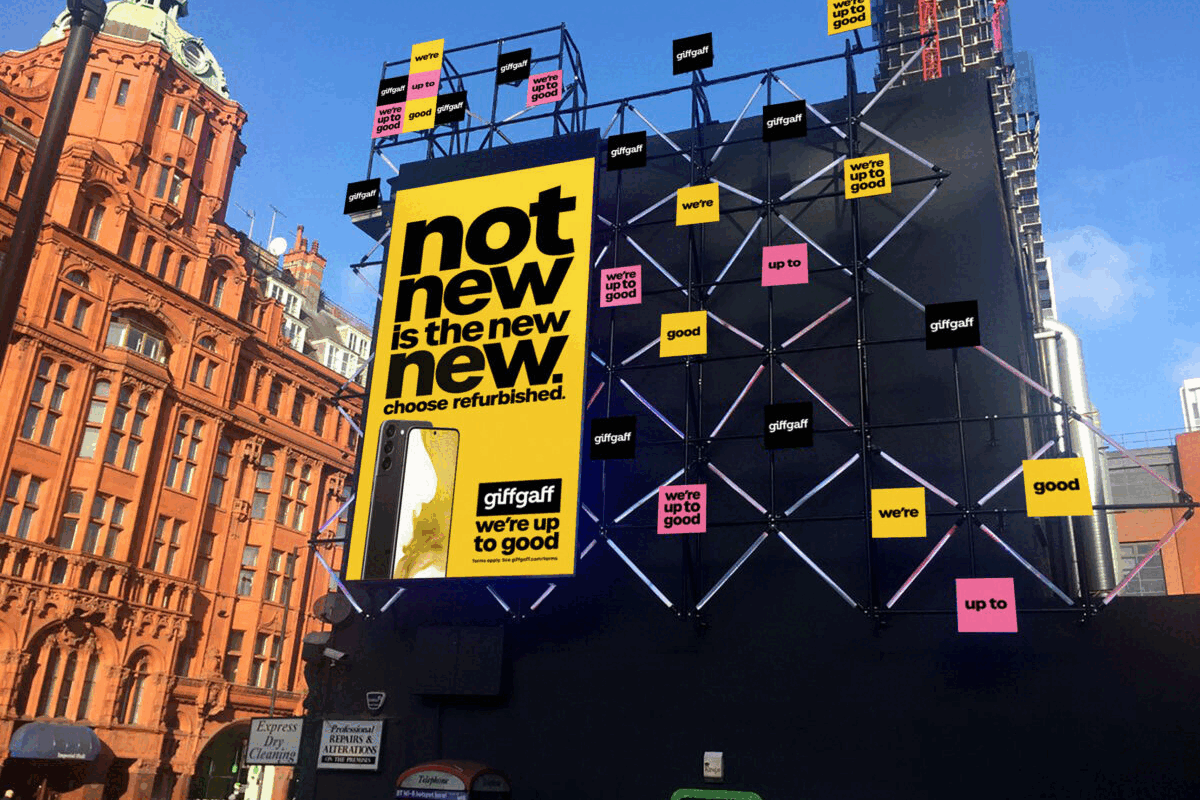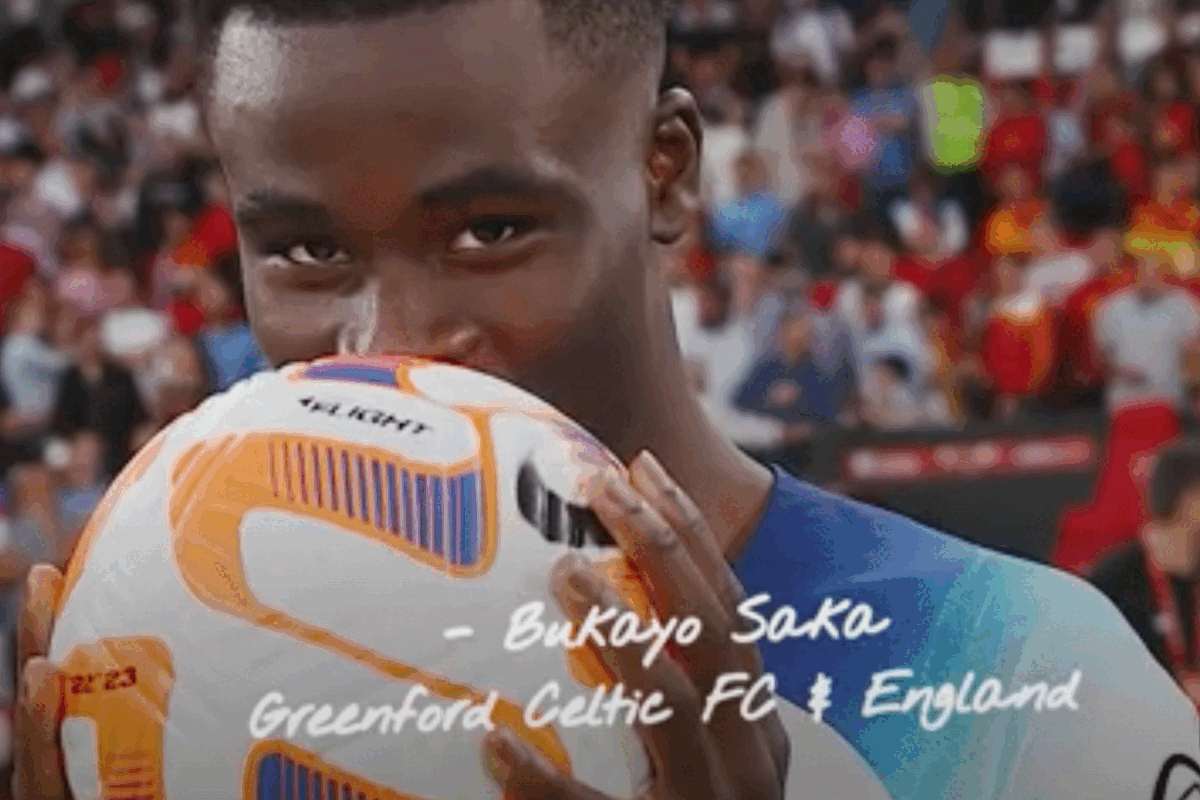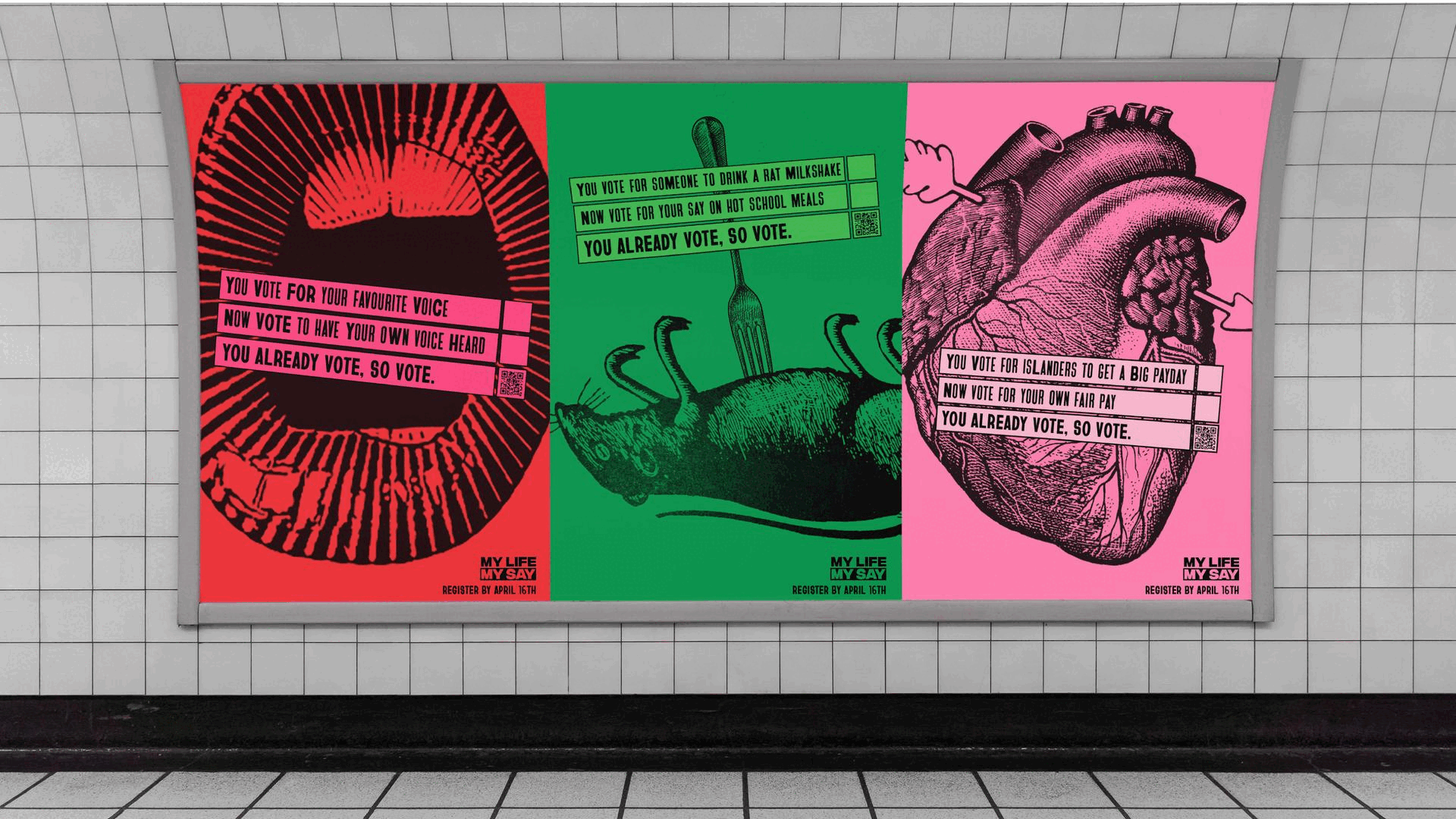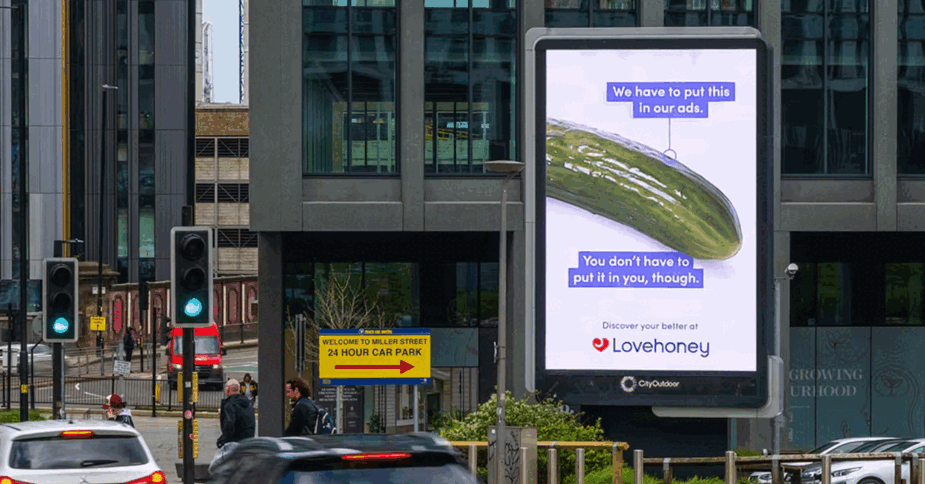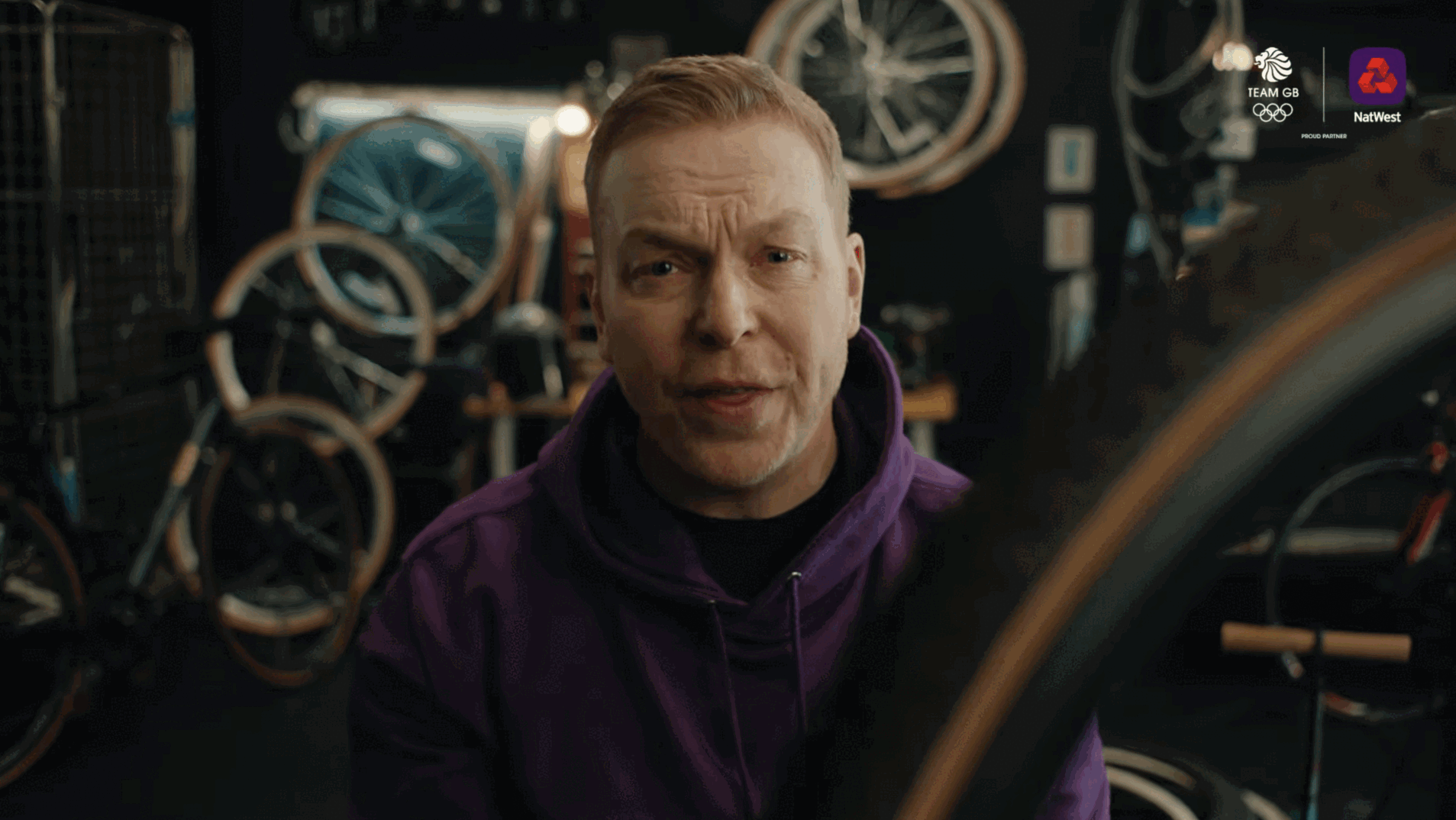FTC warns Instagram influencers on the need for disclosure when promoting brands
- Thursday, April 20th, 2017
- Share this article:
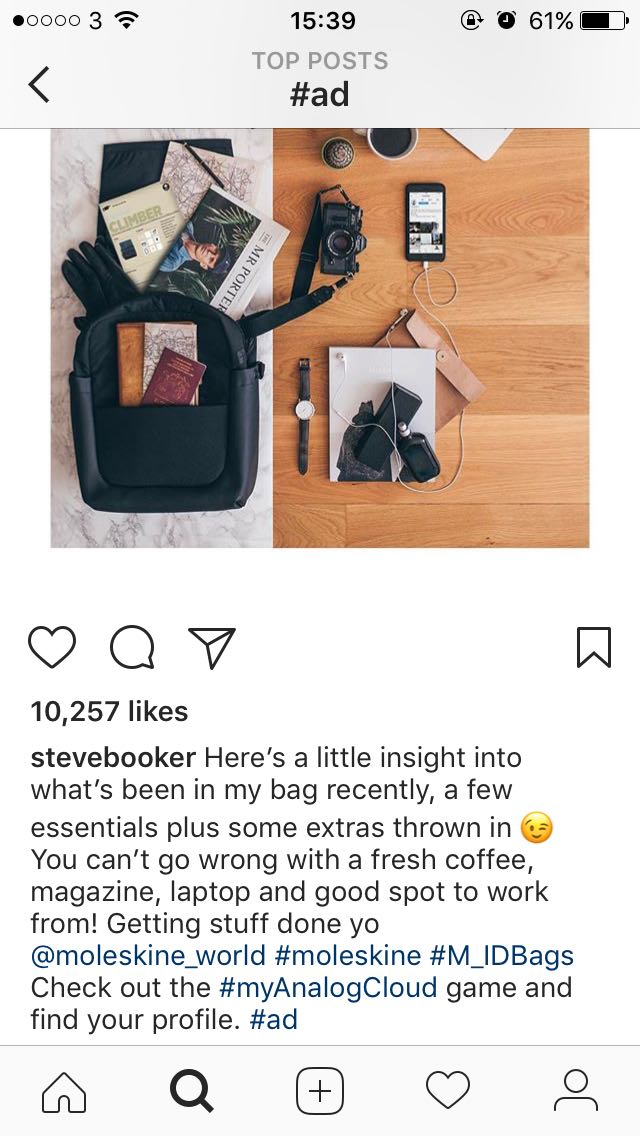 Influencer marketing has grown in importance as a marketing tool over the past couple of years. In its very early days, it was a closed shop, restricted to YouTube vloggers like Zoella with millions of followers. But with the emergence of agencies who aggregate lesser-known (and followed) internet stars across a variety of social channels, enabling brands to use a group of influencers to endorse their products at scale, there are hundreds, if not thousands of people making a decent living promoting products and brands.
Influencer marketing has grown in importance as a marketing tool over the past couple of years. In its very early days, it was a closed shop, restricted to YouTube vloggers like Zoella with millions of followers. But with the emergence of agencies who aggregate lesser-known (and followed) internet stars across a variety of social channels, enabling brands to use a group of influencers to endorse their products at scale, there are hundreds, if not thousands of people making a decent living promoting products and brands.
The problem is, both the brands and the influencers are not always as transparent about it as they should be, and as is often the case, the law finds itself playing catch-up with the the technology.
The issue has come to light again this week after the Federal Trade Commission (FTC) in the US revealed that it had sent out more than 90 letters reminding influencers and marketers of their obligation to “conspicuously disclose their relationships to brands when promoting or endorsing products through social media.” The FTC said the letters were informed by petitions filed by Public Citizen and affiliated organizations regarding influencer advertising on Instagram, and by Instagram posts reviewed by FTC staff.
The FTC’s Endorsement Guides provide that if there is a “material connection” between an endorser and an advertiser – in other words, a connection that might affect the weight or credibility that consumers give the endorsement – that connection should be clearly and conspicuously disclosed, unless it is already clear from the context of the communication. A material connection could be a business or family relationship, monetary payment, or the gift of a free product. The Endorsement Guides apply to both marketers and endorsers.
In addition to providing background information on when and how marketers and influencers should disclose a material connection in an advertisement, the letters each addressed one point specific to Instagram posts, namely that consumers viewing Instagram posts on mobile devices typically see only the first three lines of a longer post unless they click “more,” which many may not do. The staff’s letters informed recipients that when making endorsements on Instagram, they should disclose any material connection above the “more” button.
The letters also noted that when multiple tags, hashtags, or links are used, readers may just skip over them, especially when they appear at the end of a long post – meaning that a disclosure placed in such a string is not likely to be conspicuous. Some of the letters also addressed particular disclosures that are not sufficiently clear, pointing out that many consumers will not understand a disclosure like “#sp,” “Thanks [Brand],” or “#partner” in an Instagram post to mean that the post is sponsored.
The FTC did not disclose who the letters had been sent to, but each letter referred to a specific Instagram post in which a brand was either endorsed or referenced organically. The FTC concedes that, in sending the letters, the staff did not predetermine in every instance whether the brand mention was in fact sponsored, as opposed to an organic mention.





